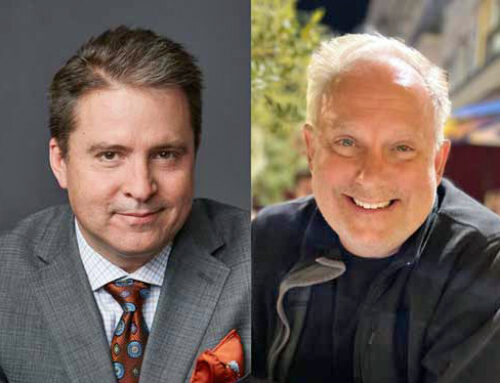As a young girl, much of Judy Howard’s time was spent at Munger Place United Methodist Church.
Today, the impressive brick church still holds its ground in the same spot it stood when Howard’s mother was married there in 1938 — positioned as close to East Dallas’ shabbiest apartment houses as it is to the mansions of Swiss Avenue.
The juxtaposition is mimicked inside on any given Sunday as whites, Hispanics, wealthy and destitute sing gospel songs and focus fixedly on their pastor, who happens to be long-revered throughout the black community.
That’s why Howard is a member of the congregation 65 years after she was baptized within its walls, and it’s why she and a few others are working faithfully to keep the church alive, despite a lack of members, money and air conditioning.
But it took her a few decades to realize what the church meant to her. Howard spent much of the early 1950s attending Munger Place United Methodist Church youth group activities. All of the girls, she says, had a crush on the youth group leader.
“But I married him,” she says, feigning smugness.
She was still a teenager when the couple moved to California, where they lived the next 28 years.
After her husband passed away, Howard didn’t really feel like returning to Dallas or the church. But on a visit to Lakewood about four years ago, she popped in for a Sunday morning service — just for old time’s sake.
Kneeling in the historic church, she took it all in: She saw staples of the old congregation, wealthy caucasians; as well as Hispanic families, black families, young couples, even a homeless man right off the street “… all races, socioeconomic status, cultural backgrounds — they were working together. And everyone was welcome. Nobody would be rejected.”
Immediately after that visit, Howard packed her bags and came home.
She returned to a church that was struggling. Money was scarce — so scarce that the church has endured four summers and winters with no heat or air conditioning — a situation that had led to wavering membership.
“How do you expect people to return to a place with no air conditioning, and in Texas?” Howard says.
But the new pastor, Charles Stovall, says the congregation is now on the upswing despite some sweltering Sundays.
“God is good,” he says.
Church members join and stay because they understand the value of the ministry, Stovall says. It’s amazing how many ministries have been born of this church, he says.
One such organization is the Wilkinson Center, founded by a former Munger Place United Methodist Church pastor, Clayton Lewis, after he saw a child eating food from a church dumpster. Today the Wilkinson Center serves between 15,000 and 20,000 people dealing with homelessness- and hunger-related issues.
The church offers dozens of outreach services for youths and adults. Stovall says he particularly appreciates the church’s newly formed Alcoholics Anonymous group.
“In this community, we have people dealing with things that separate them from God,” he says.
By overcoming alcoholism and addiction, they can grow spiritually and help others down the road, he explains.
Church members are pulling together to keep the church alive, Howard says. She believes the beautiful old building itself to be a source of inspiration, and she credits Stovall and his wife with motivating the congregation.
“Their faith is so great,” Howard says, “nothing can stop them.”
And Stovall exudes nothing but faith.
“There’s a glorious past here, and a just as promising future.”





